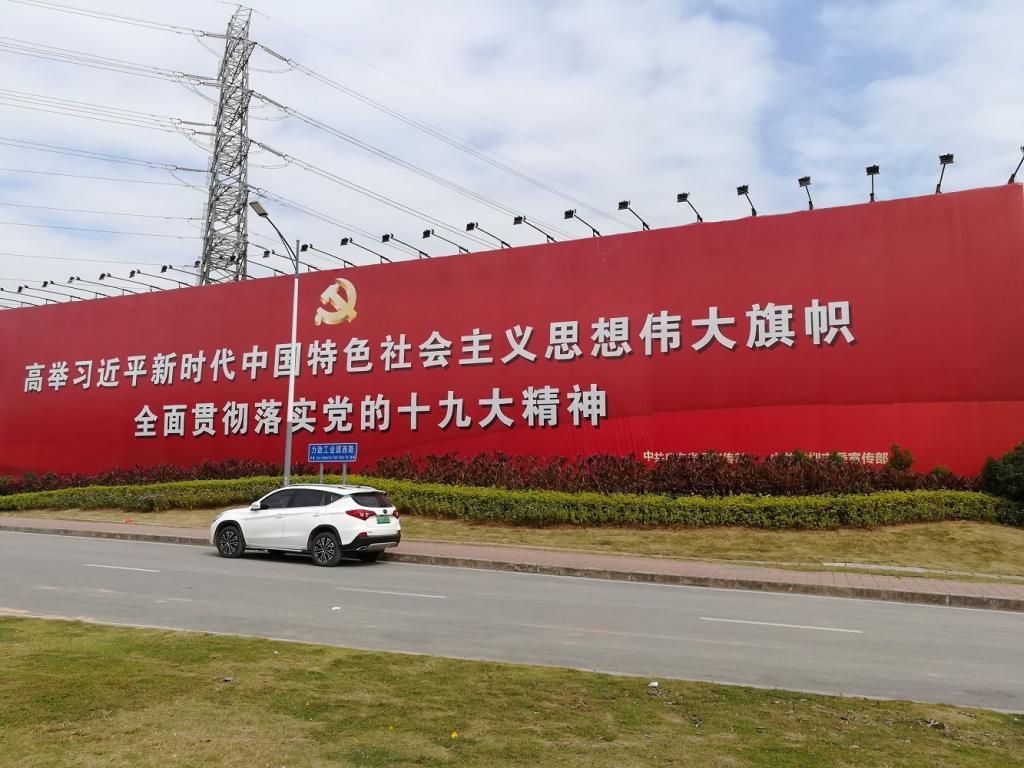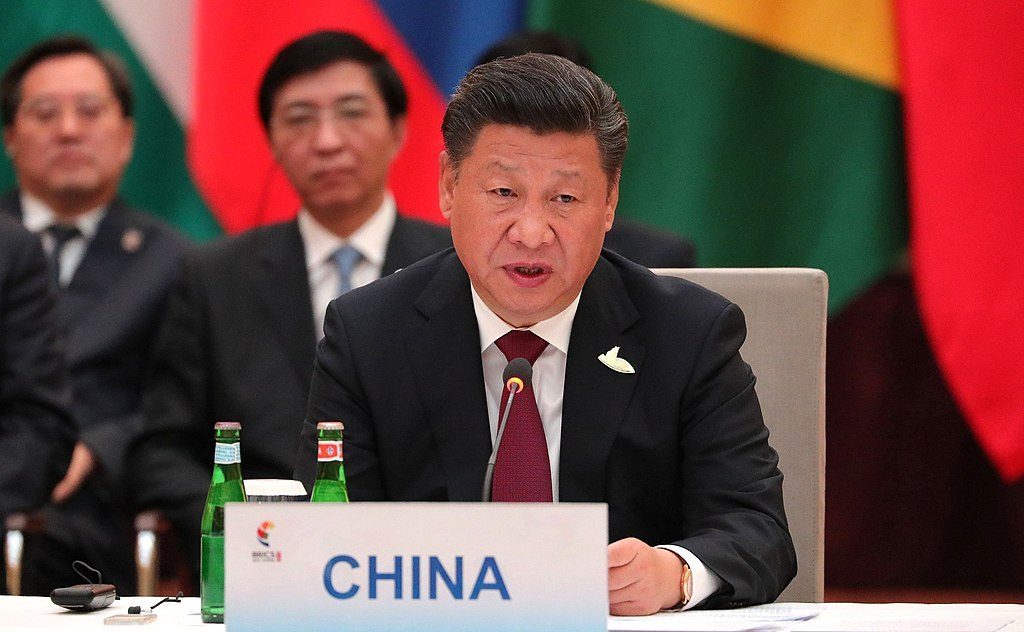Neither the European public nor European political and business leaders fully understand the threat presented by Xi Jinping’s China, writes George Soros, the founder and chair of the Open Society Foundations.
Neither the European public nor European political and business leaders fully understand the threat presented by Xi Jinping’s China. Although Xi is a dictator who is using cutting-edge technology in an effort to impose total control on the Chinese society, Europeans regard China primarily as an important business partner. They fail to appreciate that since Xi became president and general secretary of the Communist Party of China, he has established a regime whose guiding principles are diametrically opposed to the values on which the European Union was founded.
Britain in rush to embrace Xi
The rush to embrace Xi is greater in Britain, which is in the process of separating itself from the EU, than in the EU itself. Prime minister Boris Johnson wants to distance the United Kingdom from the EU as much as possible and to build a free-market economy that is unconstrained by EU regulations. He is unlikely to succeed, because the EU is prepared to take countermeasures against the type of deregulation that Johnson’s government seems to have in mind. But in the meantime, Britain is eyeing China as a potential partner, in the hope of re-establishing the partnership that former chancellor of the exchequer, George Osborne, was building between 2010 and 2016.
The Trump administration, as distinct from the US president Donald Trump personally, has done much better in managing its ties with China. It developed a bipartisan policy that declared China to be a strategic rival and put tech giant Huawei and several other Chinese companies on the so-called Entity List, which forbids US companies to trade with them without government permission.
Only one person can violate this rule with impunity: Trump himself. Unfortunately, he appears to be doing just that by putting Huawei on the bargaining table with Xi. Since May 2019, when the United States placed it on the Entity List, the US Department of Commerce has granted Huawei several three-month exemptions in order to prevent undue hardship for the company’s US components suppliers.
Huawei must follow China’s Communist Party orders
Huawei is a very unusual – and in some ways unique – company. Its founder, Ren Zhengfei, received his technical education in part as a member of the People’s Liberation Army engineering corps, and the PLA became one of his first major customers. At the time of Huawei’s founding in 1987, all of China’s technology was imported from abroad, and Ren’s goal was to reverse engineer foreign technologies with local researchers. He has succeeded beyond his wildest dreams.

By 1993, Huawei launched the most powerful telephone switch available in China. Subsequently, it received a key contract from the PLA to build the first national telecommunications network. It then benefited from the government’s policy, adopted in 1996, for nurturing domestic telecommunications manufacturers, which also meant keeping foreign competitors out. By 2005, Huawei’s exports exceeded its domestic sales. In 2010, Huawei was included in Fortune magazine’s global list of the 500 largest companies.
After Xi came to power, Huawei lost whatever autonomy it may have enjoyed. Like every other Chinese company, it must follow the communist party’s orders. Until 2017, this remained an implicit understanding; with the adoption of the National Intelligence Law that year, it became a formal obligation.
China poses a threat to the values on which the EU was founded
Soon after that, a Huawei employee was involved in a spying scandal in Poland, and the company has also been accused of other cases of espionage. But spying is not the greatest danger for Europe. Making Europe’s most critical infrastructure dependent on Chinese technology means opening the door to blackmail and sabotage.

It is clear to me that under Xi, China poses a threat to the values on which the EU was founded. Apparently, this is not clear to the leaders of EU member states, nor to the leaders of industry, particularly in Germany.
The EU faces a tremendous challenge: the silent pro-European majority has spoken, saying that their primary concern is climate change, but the member states are fighting with one another over the budget and are more focused on appeasing Xi than with maintaining the transatlantic relationship.
Support Ericsson and Nokia as viable competitors against Huawei
Instead of fighting a losing battle against Huawei’s dominance in the 5G market, the US and the EU, or the EU alone, ought to cooperate in building up Ericsson and Nokia as viable competitors.
Xi will meet the heads of state and government of the 27 EU member states at the EU-China summit in Leipzig in September. Europeans need to understand that this will hand him a much-needed political victory unless he is held accountable for, and questioned about, his failure to uphold human rights, particularly in Tibet, Xinjiang and Hong Kong.
Only the Chinese political leadership can decide Xi’s future. The harm caused by his mishandling of the coronavirus outbreak has become so visible that the Chinese public, and even the Politburo, must recognise it. The EU should not knowingly facilitate his political survival.
Copyright: Project Syndicate, 2019.
The opinions in this article are those of the author. Cover: Xi Jinping, the general secretary of the Communist Party of China, president of the People’s Republic of China and chairman of the Central Military Commission (Wikimedia Commons).

